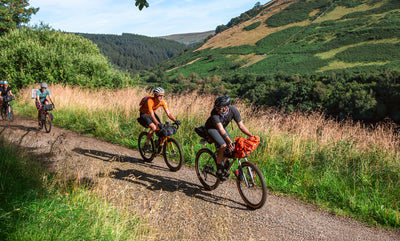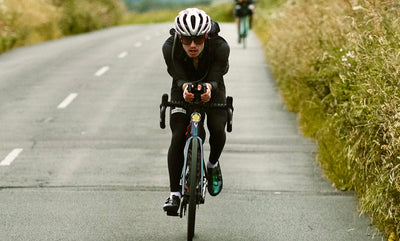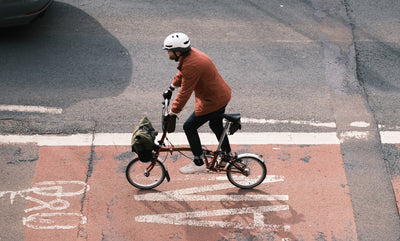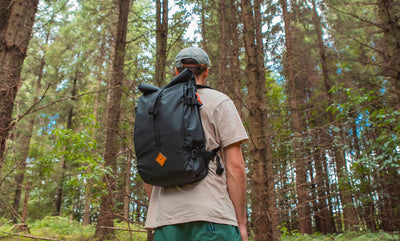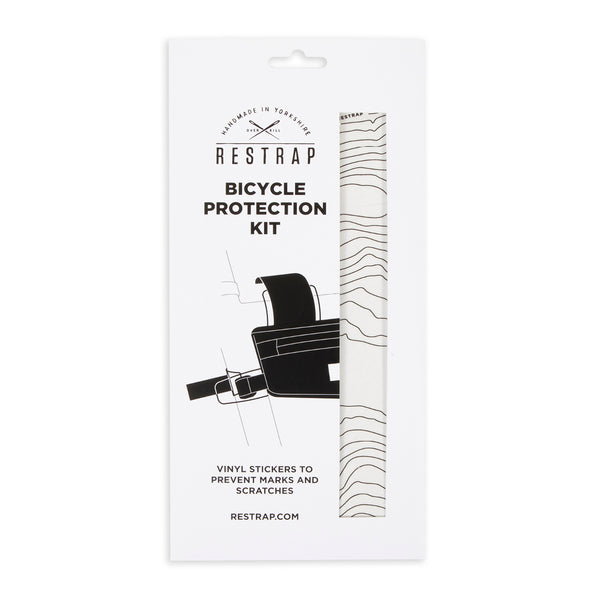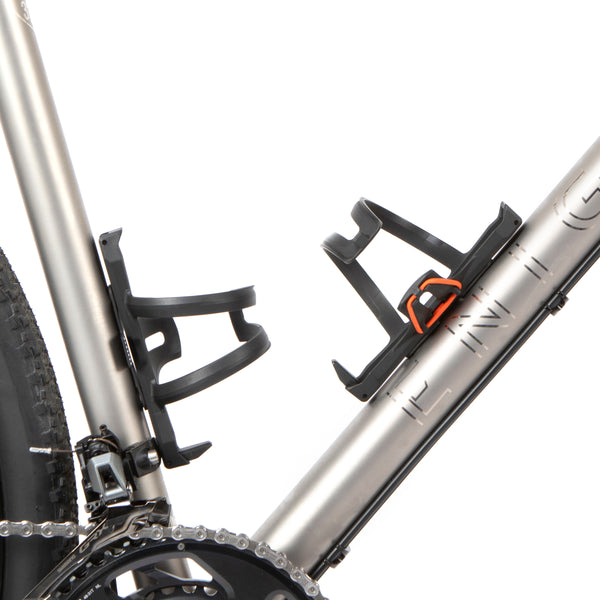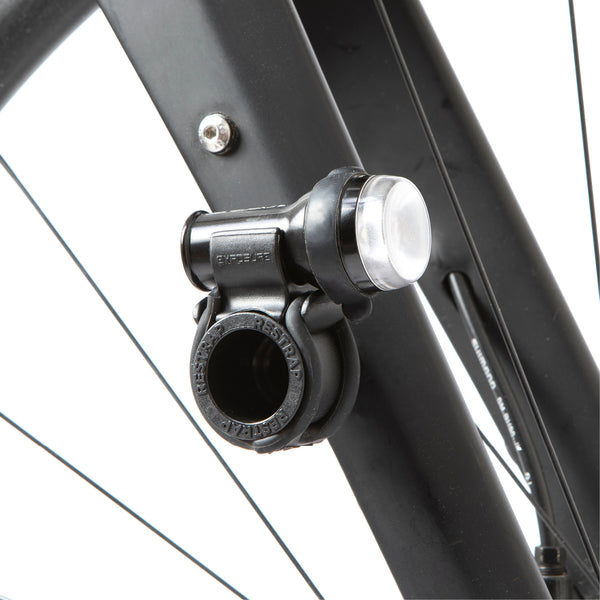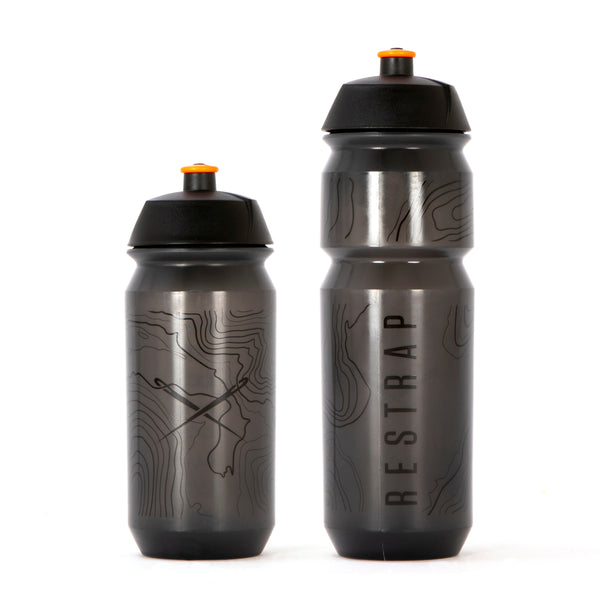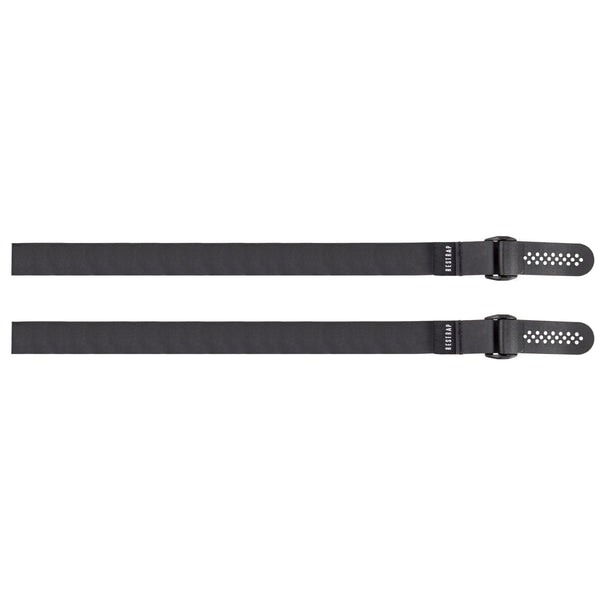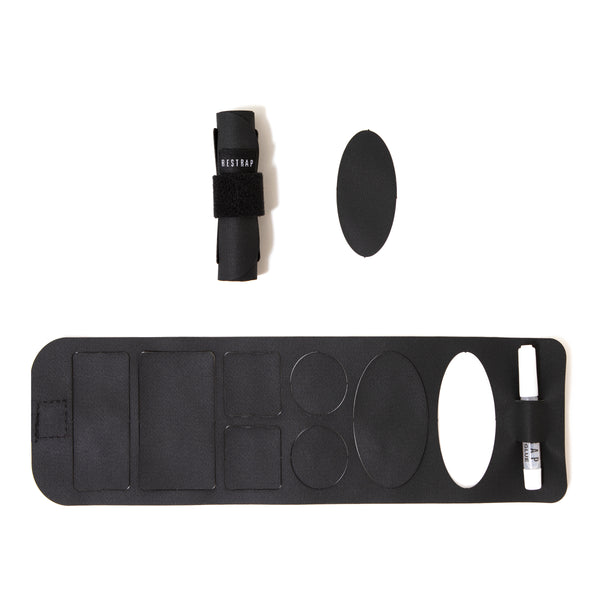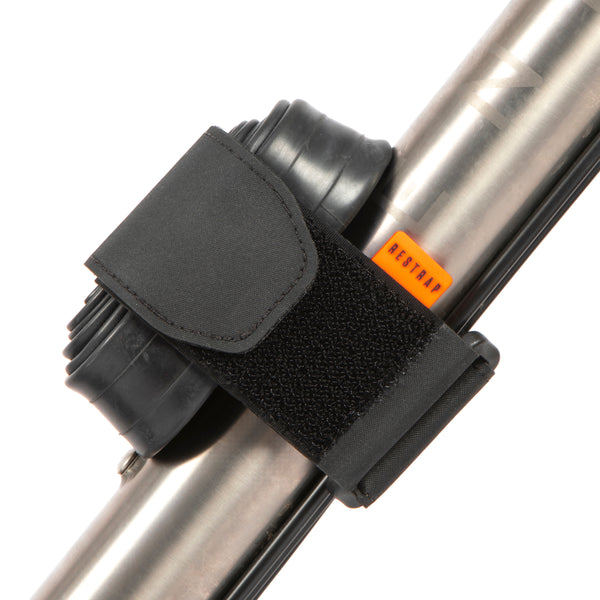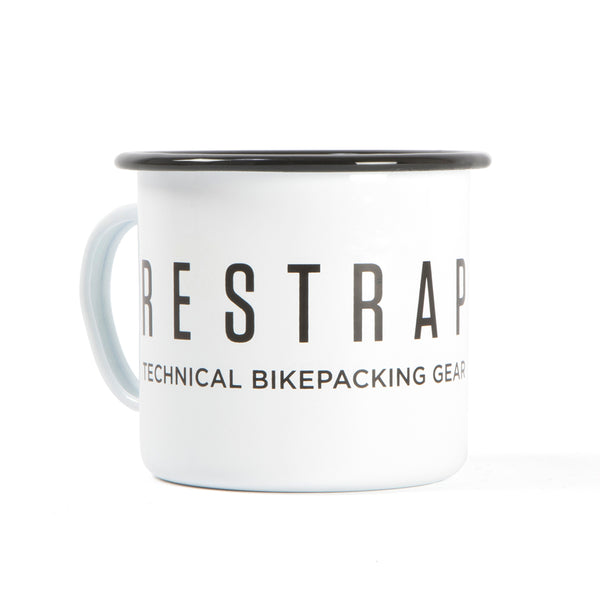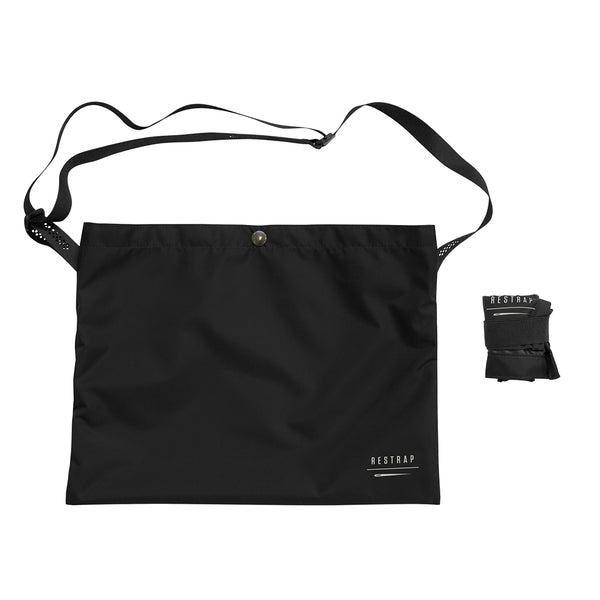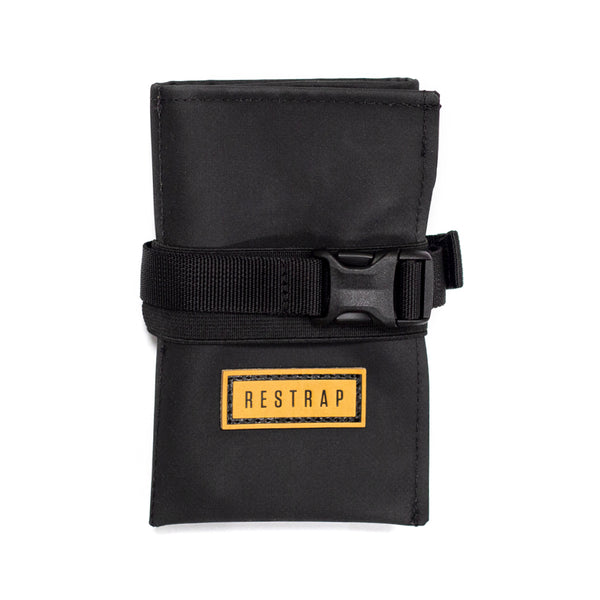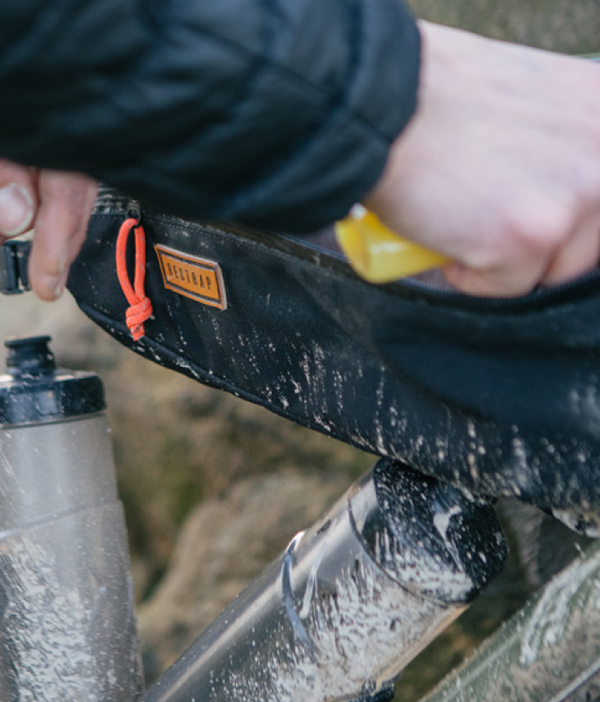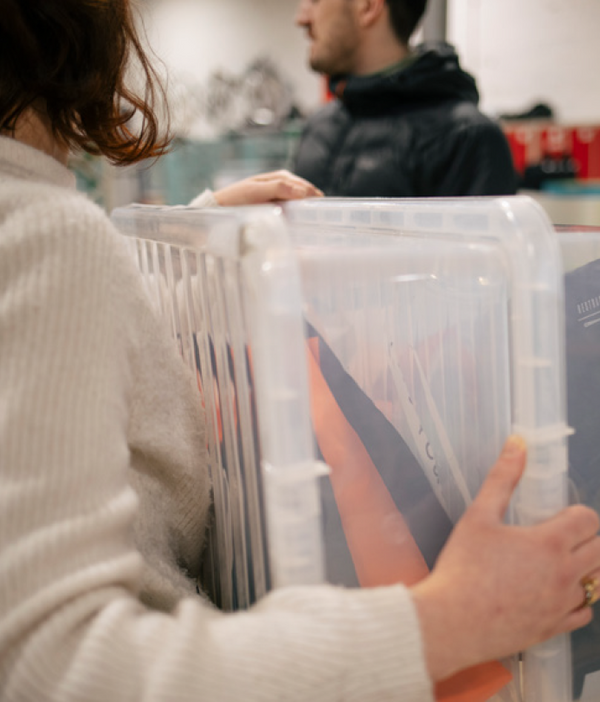Your cart is empty!
Interview: James Hayden takes us through the highs and lows of the Trans Continental Race 2016

What a tough race! How do you feel now that you’re back home?
It’s good to be back home! The race already feels ages ago - ‘time’ is such a weird thing. Yeah it was a tough race, you can never predict what’s going to be thrown at you during an ultra endurance like the TCR so I’m really happy with my 4th place. I’m pretty critical of myself, constantly trying to analyse my efforts, what I could have done differently or where I could put more effort in.

Generally speaking, there’s always something I could do better but for the TCR no4 I’m really happy I finished the race more than anything. There wasn’t a great deal more I could have done given the chest infection that put me back at the start of the race. I had to take the best part of 36 hours resting in order to get the medicine and wait for it to kick in. I’d had a similar chest infection earlier on in the year and had similar medication to that which I received during the race so I knew how my body would react and how long it would take for me to start recovering. I arrived at checkpoint 2 in 64th place and felt okay so I didn’t hang around, got my stamp and continued to push on. There was roughly a 10 hour gap between me and the front 10 and I was pretty confident I could pull that back.

Photo Credit - James Robertson - www.jamesrobertsonphotography.co.uk
What did you take in terms of luggage?
I took a fully custom Restrap frame bag and a food bag only. My essentials consisted of a small dry bag, sleeping mat, emergency bivvy bag. PHD down gilet for the colder climbs and descents. Plus a merino hat, merino buff, gloves, cycling mitts, arm warmers, leg warmers, and a really good waterproof coat with hood. A reflective gilet is a must, particularly given the amount of night riding done. Then there’s the Garmin 1000 & back up GPS Etrex 30, lezyne pump, inner tube, disc pad, and split links along with a couple of tubes and patches.

That’s not a lot of stuff at all! Were you warm enough on the climbs or at night?
There’s lots of tips and tricks to warm sleeping but I’m not going to spill all my secrets! I always try to pick sheltered places to sleep so I’m away from the elements, that way I don’t have to worry as much about getting cold or wet. What you take is also incredibly personal so everyone has to fine tune their own essentials as everyone is different and reacts differently to situations which crop up.
It didn’t look like you had a great amount of time to eat during the race. What would you say you ate the most of?
I tried to vary what I ate to keep my stomach interested. I drank a lot of yoghurt drinks as it was easy, filling and didn’t mess my body up. I avoid pastries due to an experience I had whilst training. I was riding overnight and didn’t have much food left. I got really cold, almost hypothermic, and came across a bakery in the early hours of the morning. I smashed a load of pastries and coffee and after that it pretty much put me off eating them while cycling again.
Favourite part of the race?
The start. There’s such a huge buzz in the air, you become completely ignorant to the mammoth task you’re about to endure, you feel great, excited, every emotion possible runs through your veins, particularly when you’re on the Muur van Geraardsbergen. It’s such an amazing atmosphere, fire sticks, racing way too hard up the cobbled Muur van Geraardsbergen, then you ride off into the night and within a few moments you’re completely alone.

What was the worst aspect of the race?
Day 10 - the last day, my body, in particular my leg, and real suffering. That was the darkest & most difficult day for me. It didn’t start great as at 3 AM in the night I had puncture after puncture and ran out of innertubes, I’m sat at the roadside for a while and all then of a sudden a police car pulled over, I assume a passer by must have called in saying there was a cyclist having difficulties. It turned out one of the officers was a keen cyclist so he was happy to help. They dropped me and my bike off at the near bike shop, I waited until 9AM in the morning for the shop to open. The owner was so good, he had the bike in the stand before I could say what was wrong with it!
Before all the punctures I was pushing really hard to try and catch up with 3rd/2nd place. Stopping for 6 hours meant I totally seized up so starting up again was an absolute nightmare, my left leg in particularly was pretty painful.
For the last 20 miles to the finish my left leg totally went. The last hour and a half I couldn’t do anything but sit on the edge of the saddle spinning it along, trying not to put any pressure on it at all. Not much fun!
Turns out having been to see my Physiotherapist I have a tear in my hamstring, which makes sense given the agony I was in.
It wasn’t a great start to the race with the chest infection - did you ever think about scratching and coming back next year?
Quitting just wasn’t really an option to be honest! Last year I was a little over-confident and ignorant. When I wasn’t able to win because of Shermer’s neck, I lost it mentally and I quit. The whole finishing aspect was out of the window
I’ve done a lot of growing up since then and I’ve learned a lot from my experience last year as well as the training done in between.
This year winning and finishing were equally important goals.
Average distance daily?
Biggest 1st day - 400 miles(643KM) in 24 hours, flat roads obviously help with that along with feeling fresh at the start. From CP2 throughout the Swiss Alps I got into the zone and smashed 3 Category 1 climbs in one day. That was a pretty good day for me!
Sleep? How much and when did you choose to sleep?
I had a plan at the start of the race but after the 36 hours of resting between the chest infection it all went out the window. I took a few hours here and there but it almost became a little bit ad hoc as to if and when I needed it.
You recently posted some information on Twitter about the physical strain on your body - do you dig deep with the info to help in future races?
I track absolutely everything during training and the race using a power meter. This means I can analyse my performance and how my body reacts to stress. That way I can adapt my training and performance before and during the race to get the best out of my body as possible.

Any advice for those planning on taking part in future Transcontinental races?
Two things in particular - if you can cycle, you can do this race. Some people view the Transcontinental Race and other ultra endurance races as impossible. It’s not impossible by any means. This bring me nicely onto my second bit of advice.
Respect. if you’re going to take it on, get some experience and respect the type of race that it is. Do your due diligence about the race, try and simulate the riding you’ll be doing during the race and never under estimate it.
Was the course better or worse this year? TCR3/4 ?
They’re both equally difficult. I enjoyed having more mountains this year but I wouldn’t say it was any better or worse. The harder it is the better in all honesty as it makes it hard for everyone else!
Will you be coming back for more next year?
Of course. I’ve got unfinished business and I’ll keep coming back until I win this! I’m a pretty determined guy, besides the fact that I absolutely love ultra endurance racing. I just want to keep doing it for the rest of my life.
Once again, a huge congratulations from all the team here at Restrap, you absolutely smashed it and we look forward to watching you take part in next years race!
You can follow James progress over on his website, twitter or instagram.














